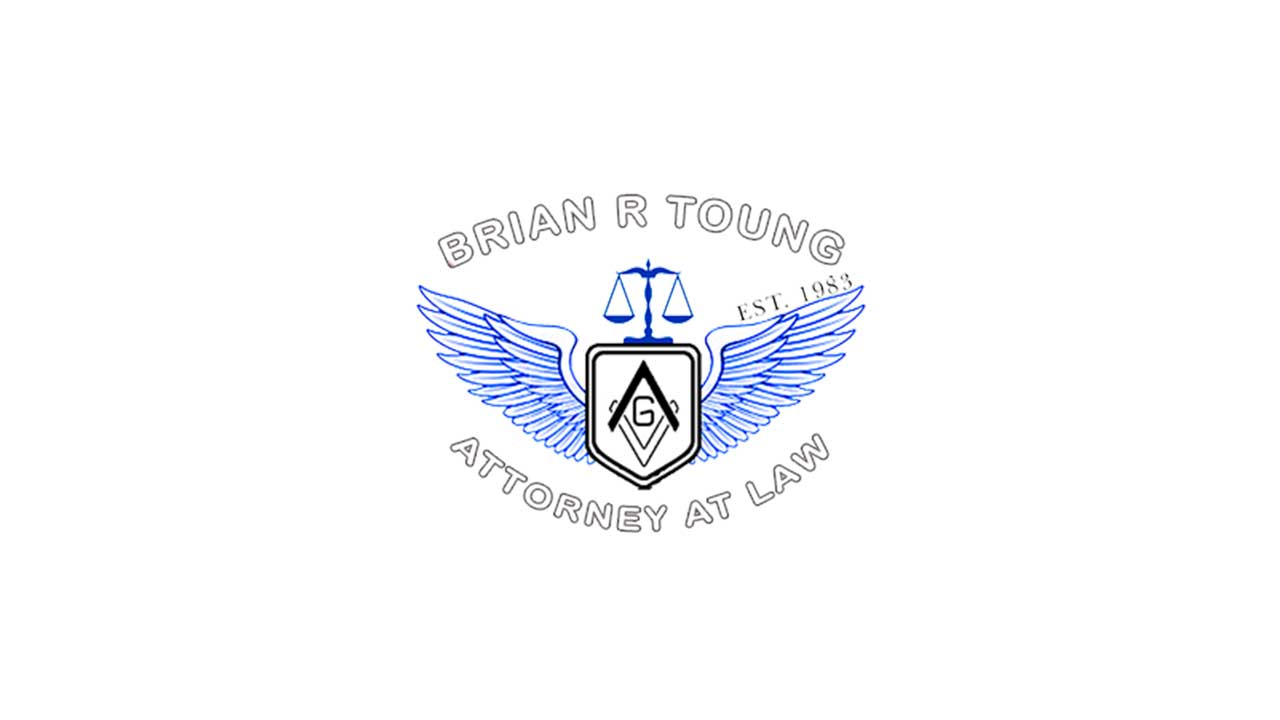When a commercial truck accident occurs, it may create much more complex liability than an accident only involving consumer drivers. This may both benefit and complicate an injury claim arising from the accident, so it is important to have a detailed, nuanced understanding of the legal issues at hand when it comes time to build such a claim.
Truck drivers are not always classified the same way by an employer or shipping contractor. If a driver is classified as an employee, the employer likely bears liability, but if the driver is a subcontractor to a shipping and transportation company, then the driver’s own insurance provider may be the party on the hook for the damages.
However, these are not the only parties who may have some liability in the matter. If, for instance, a part malfunctions within the vehicle and contributes to the accident, then the manufacturer of the part may also face some liability, and the same goes for a party responsible for the ongoing maintenance of the vehicle itself. Similarly, the party that assembles and packs the load within a trailer or on a flatbed may hold liability if the load shifts during transit or is loaded too heavily, contributing to the accident.
As a consumer driver, you may find it overwhelming to navigate the intricacies of such a complex claim. This is perfectly reasonable, as this is an exceptionally complex issue that deals not only personal injury liability law but also employment law. An experienced attorney can help you assess your accident and develop a strong claim that addresses all of your accident-related losses and expenses while keeping your rights secure as you recover.
Source: FindLaw, “Truck Accident Overview,” accessed March 02, 2018

